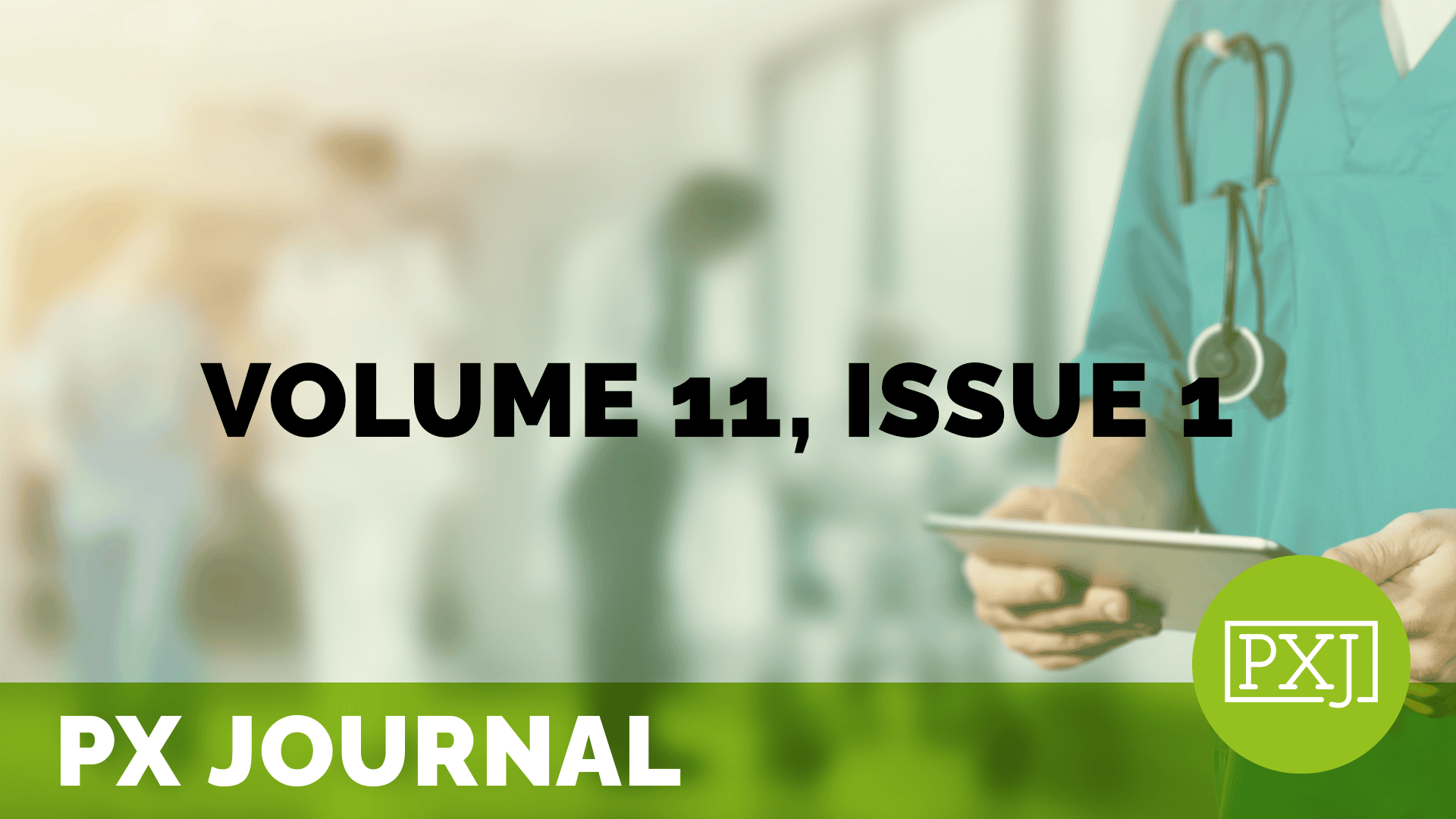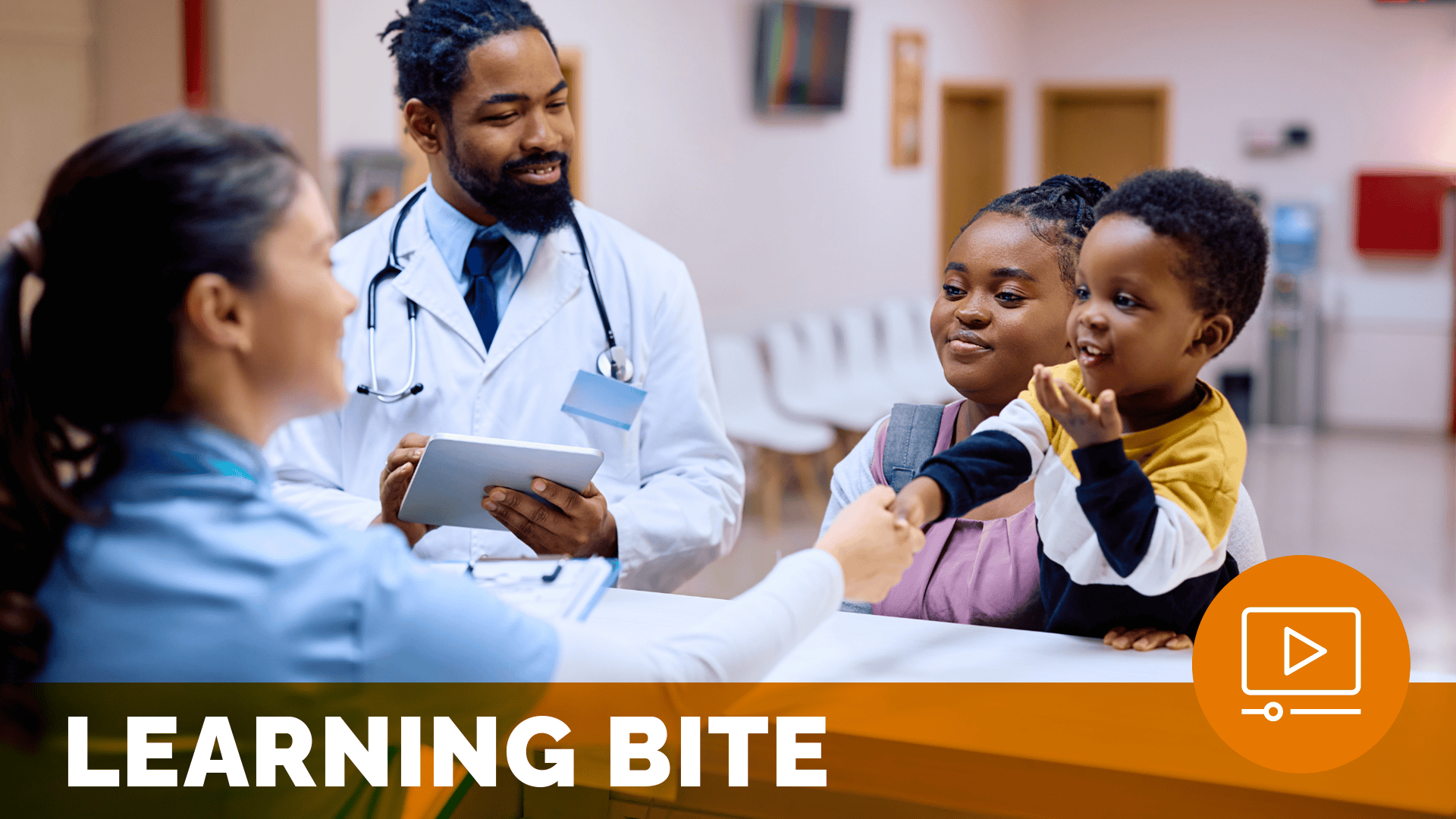Patient Experience Diagnosis: Using Telemed Simulation to Assess Health Care Provider Verbal and Nonverbal Communication Issues to Prescribe Potential Interventions Authors

Patient experience contributes to health outcomes, and a host of healthcare organization success factors, including profitability. Often applied and academic analysis of patient experience applies macro-level approaches to defining issues and suggesting improvements. Guided by the theoretical framework of provider-patient communication during telemedicine, this study used a simulation to measure impacts of provider behaviors that might be improved through communication training to positively impact outcomes on both sides of patient care. The study employed between-subject experimental design to investigate impacts of provider verbal and nonverbal communication on patient satisfaction during telemedicine consultations. Participants, randomly assigned to one of eight experimental conditions, watched a recorded telemedicine “consultation” with either a male or female provider that displayed either high- or low-immediacy nonverbal cues. Participants imagined being the patient and completed a survey regarding perceptions of provider communication and evaluation of the experience. Results suggest a healthcare provider’s verbal and nonverbal communication represents a significant predictor of patient satisfaction, even during telemedicine. The findings provide empirical evidence for Miller’s model and point to the importance and potential of improving providers’ verbal and nonverbal communication skills through communication training on specific interpersonal skills.
Related content
-
 Innovation & Technology
Innovation & TechnologyPatients’ and family caregivers’ experiences with a newly implemented hospital at home program in British Columbia, Canada: Preliminary results
The Hospital at Home (HaH) model of care, which enables the provision of acute-level care in the patient’s own home as an alternative to brick and mortar hospital admission, was introduced in British Columbia, Canada in November 2020, starting with 9 inpatient “beds” in the community. The AT-HOME research group applied a patient-oriented approach to
Learn more -
 Innovation & Technology | Policy & Measurement
Innovation & Technology | Policy & MeasurementImplementing the Most Significant Change Methodology: Measuring the Impact of Practice-Based Research and Innovation (PBRI) through a Self-Narrative
This paper explores the PBRI Innovation Fellowship, which provides an opportunity for health professionals to identify and lead an innovative quality improvement project to bridge an evidence-to-practice gap that will lead to improved health care practice and patient experiences.
Learn more -
 Innovation & Technology
Innovation & TechnologyTechnology and the Promise of a Precise, Personalized Patient Experience
Technology has evolved to truly enhance patient care. Today, AI-driven tools allow patients to track wait times, request comfort items, and give real-time feedback, all through their phones. This “precision engagement” improves satisfaction and outcomes, as hospitals can respond more quickly to patient needs. In this learning bite, Vital shares how these technologies also enhance
Learn more
